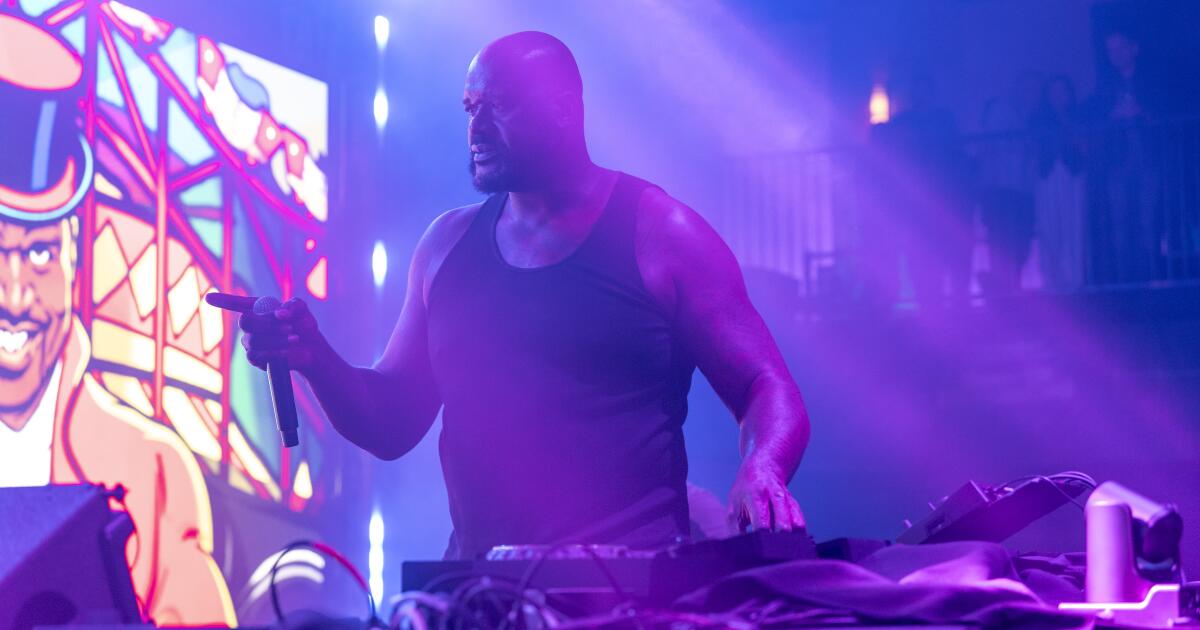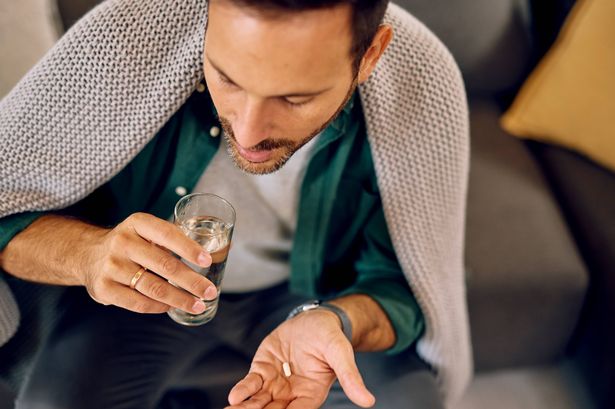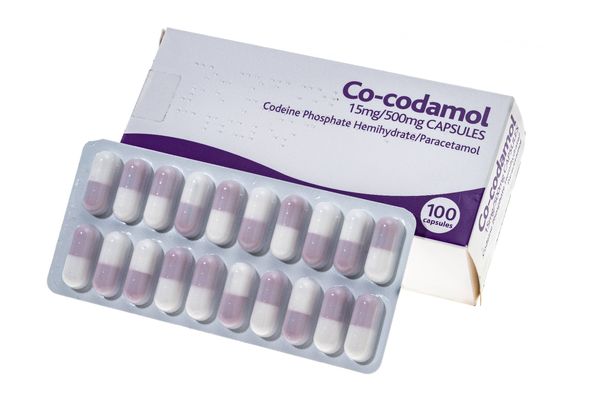A pharmacist has urged holidaymakers to check the rules on taking a drug which is popular in the UK, but regulated or banned in other countries
A pharmacist has issued a stark warning to the millions of Brits who regularly take a medicine that is either banned or heavily regulated in several countries, including Greece and France. Co-codamol, which is a mixture of paracetamol and codeine, can be purchased in shops and is also prescribed to 3.5 million people.
The medicine is available in three strengths, the lowest of which contains 8g of codeine to 500mg of paracetamol and can be purchased without a prescription. Higher doses (those with 15g and 30g of codeine) are available only with a doctor’s authorisation.
Despite its popularity in the UK, the drug is considered illegal in Greece and is obtainable only with a prescription. It is entirely prohibited in Ethiopia, and possession of it in the United Arab Emirates or China could land you in prison.
In Thailand, it is classified as a category 2 narcotic. In Indonesia, Qatar, Singapore and Japan, it is either regulated or banned without specific licences or forms. Even with a prescription, bringing co-codamol into Mexico is forbidden, reports the Liverpool Echo.
READ MORE: Spain launches new nationwide register – exactly what it means for Brit touristsREAD MORE: Brits urged to switch off one mobile phone setting on holiday – it’s not roaming
Since 2018, the drug has required a prescription in Australia and also necessitates one in France, Italy, India, Romania, Ireland, Canada, the US and Germany.
A number of EU countries permit low-dose over-the-counter codeine (up to roughly 12 mg per unit), but only under the supervision of a pharmacist: these include Bulgaria, Cyprus, Denmark, France, Ireland, Latvia, Lithuania, Malta, Poland, Romania and Slovenia.
Peter Thnoia, superintendent pharmacist at online pharmacy PillTime, issued a stark warning for holidaymakers, saying: “Know the rules of the country you’re travelling to, because you’d be surprised how many everyday tablets are banned or regulated abroad.
“For example, co-codamol is available over the counter and in supermarkets here in the UK. But in Greece, the codeine element is treated as a controlled drug – so you can only bring it into the country with a prescription and a doctor’s note.
“If you’re unsure on whether your medication is under restricted use in the country you’re travelling to, then check the official embassy website for your destination. It will explain exactly what you can – and can’t – bring into the country.
“It’s always best to be safe and check before you travel, so that you have all the essential medication you need to make sure your holiday is as enjoyable as possible.”
Peter also offered guidance on how to transport medications when flying: “Always keep your medication in your hand luggage, in its original packaging with the prescription label intact. Security staff may need to verify it, especially if it’s liquid or regulated.
“If you’re unsure, ask your doctor or pharmacist for a supporting letter. This can be especially helpful when travelling with larger quantities.”



